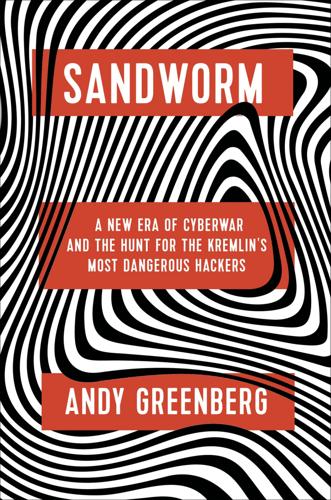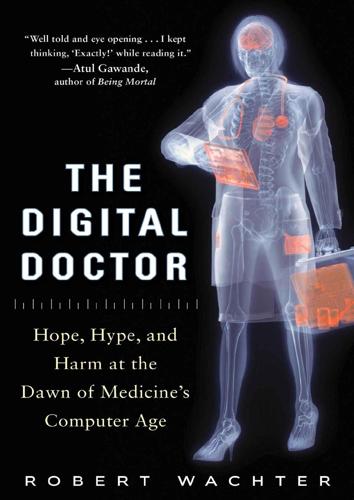
The Retreat of Western Liberalism
by
Edward Luce
Published 20 Apr 2017
Just as the buggy driver found work in a factory, or the farmhand reinvented herself as an office assistant, so the digital revolution will create new types of job to replace those it is destroying. History tells us this. As does economic theory. So lull yourself back to sleep. There are benign forces at work. It is a refrain we should treat with deep scepticism. It is possible to imagine we can pull together to ensure that everyone will have a stake in a hyper-automated future. But there are gaping holes in this pleasant reverie. The digital revolution is still in its infancy, yet we are already throwing our toys out of the pram. As political societies, we are further away from plausible solutions than when the digital revolution began. Unlike the Industrial Revolution, it is taking place in a hyper-democratic world.

Sandworm: A New Era of Cyberwar and the Hunt for the Kremlin's Most Dangerous Hackers
by
Andy Greenberg
Published 5 Nov 2019
Regional utilities in Ukraine, and even Ukrenergo in Kiev, are all far more accustomed to blackouts from the usual equipment failures than American utilities. They have fleets of trucks ready to drive out to substations and manually switch the power back on, as Ukrainian utilities did in 2015 when the hackers first hit them. Not every hyper-automated American utility is prepared for that all-hands, on-the-ground manual override. “Taking down the American grid would be harder than Ukraine,” Lee said. “Keeping it down might be easier.” As Sandworm’s power and brashness grew, the question remained: Would it ever dare hit the United States the way it had Ukraine?

The Digital Doctor: Hope, Hype, and Harm at the Dawn of Medicine’s Computer Age
by
Robert Wachter
Published 7 Apr 2015
Alan Jacobsen, a Boeing psychologist and human factors expert, recalls many flights that he took sitting in the jump seat of a DC-9, an old workhorse of a jet with virtually no automation. The pilot and copilot were engaged in constant conversation—much of it over navigation, since the copilot was poring over a paper map and there were an awful lot of decisions that required negotiation and judgment. Today, when Jacobsen observes flight crews on modern, hyperautomated jetliners, he sees far less interaction. I asked him why this is a problem. After all, the computers are producing more accurate, less ambiguous information than the maps ever could, so wasn’t there simply less to talk about? He replied, “One of the advantages of that interaction is that, if you encounter a nonnormal situation, there is a preexisting relationship.